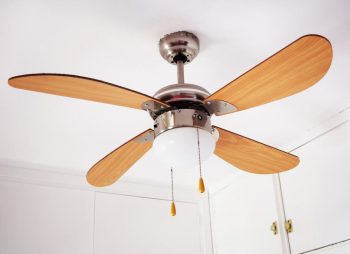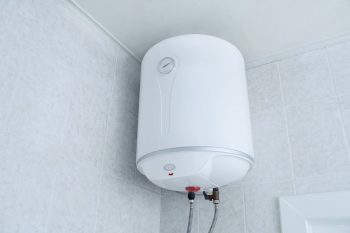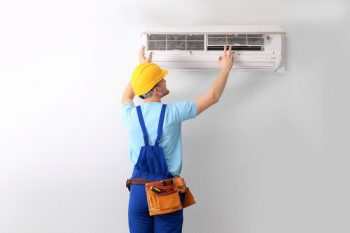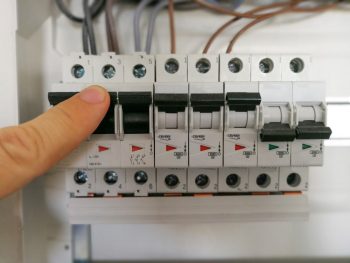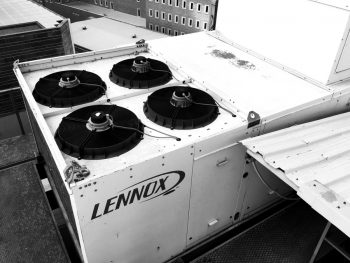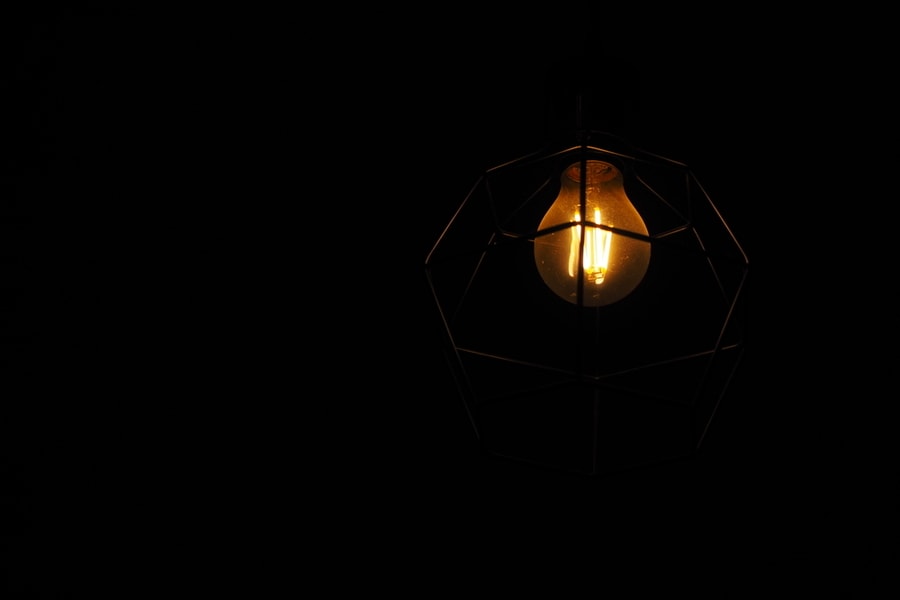
Are you tired of your light flickering every time you turn on your AC? This common problem can be frustrating and even a little unnerving. But don’t worry; you’re not alone.
Many homeowners experience this issue, and the good news is that it’s usually easy to fix.
Light flickers when the AC turns on because of a voltage drop caused by the sudden increase in electricity demand as the AC starts up.
This temporary voltage drop can cause the lights to dim or flicker. In some cases, this flicker can also be caused by an issue with the electrical wiring or the AC itself, such as loose connections or faulty components.
The average drop in the brightness when AC comes on is 5%, and only for a few seconds. If you’re experiencing a more significant drop in the brightness or prolonged flicker of your lights, immediately turn “OFF” the AC.
This can help protect your home’s electrical system from potential damage.
Here’s a quick recap of the points that you need to keep in mind
- Lights flicker when the AC turns “ON” because of a voltage drop caused by the sudden increase in electricity demand as the AC starts up. If this happens only for a few seconds, it is normal.
- A significant drop in the brightness or prolonged flicker of the lights could indicate an issue with the electrical wiring or AC itself.
- If you’re experiencing a more significant drop in the brightness or prolonged flicker of your lights, immediately turn “OFF’ the AC.
- Some practical solutions to this issue include resetting your circuit breakers, checking the capacitor, and looking for damaged or loose wires.
- Don’t hesitate to call a professional electrician if you’re experiencing the prolonged flickering of the lights.
- Ignoring the warning signs can lead to more severe problems, such as damaging the unit completely or even a potential fire.
Following these tips can help you solve the issue and keep your AC unit running smoothly without interruptions.
This guide will explore the reasons why lights flicker when AC turns on and provide practical solutions to help you solve the problem once and for all. So, let’s dive in and get your lights shining bright and steady.
Understanding the Causes of Flickering Lights When AC Turn On
The first step to solving this issue is determining what’s causing the voltage drop. Here are some common causes of flickering lights when ac comes on:
1. Faulty or Failing Capacitor
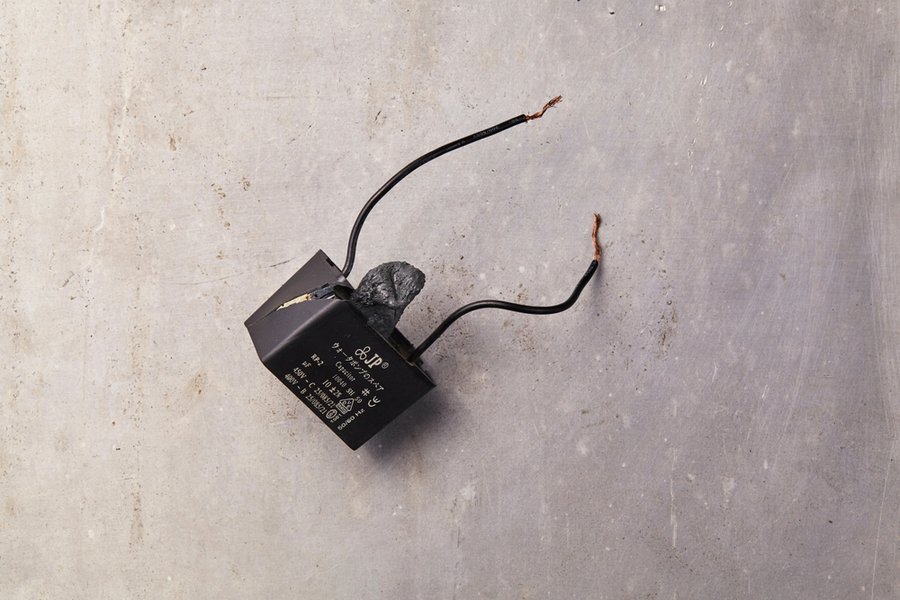
A faulty or failing capacitor is one of the most common causes of flickering light when you turn on the AC.
The capacitor in your air conditioner unit is an important component that stores energy and releases it as needed.
Its primary function is to help start the AC unit and maintain stable operation. A damaged or aging capacitor can cause voltage fluctuations, which can result in flickering lights.
When the AC unit turns on, it draws a significant amount of energy from the electrical circuit, causing the voltage to drop temporarily.
If the capacitor is not functioning properly, it may not be able to provide the necessary energy to start the unit, leading to voltage fluctuations and flickering lights.
In addition to flickering lights, a failing capacitor can also cause other problems with your AC unit, such as short cycling, decreased efficiency, and even complete system failure.
To diagnose this issue, you may need to measure the voltage and current in your AC circuit, or you can simply call a professional HVAC technician to diagnose and replace the capacitor if necessary.
2. Damaged or Loose Wires
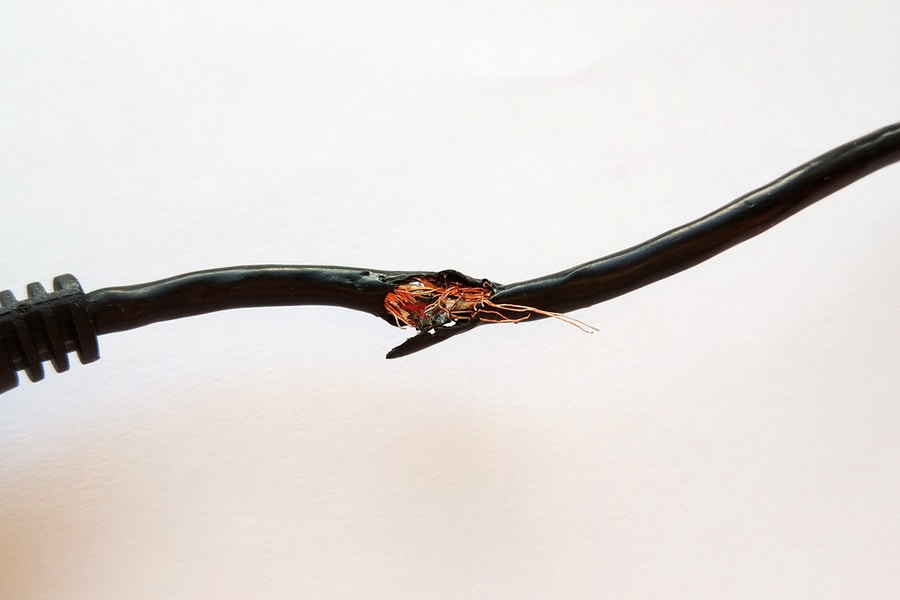
Another common cause of flickering lights when the AC is turned on is damaged or loose wires. Loose connections in your Ac unit or electrical circuit can cause a drop in voltage, leading to flickering or dimming lights.
Damaged wires can also cause similar problems. If a wire is damaged, it may not be able to handle the amount of electrical current flowing through it, causing a drop in voltage and flickering lights.
Additionally, damaged and loose wires can also pose a safety risk and can cause electrical fires, so it’s important to address the issues promptly.
You can visually inspect the wirings and connections in your AC unit and electrical circuit to diagnose the issue.
If you see any signs of damage or lose connections, it’s better to call a professional to repair or replace the affected wiring.
Improper handling of electrical wiring can lead to shock or fire, so it’s best to hire a qualified technician.
3. Overloaded Circuits
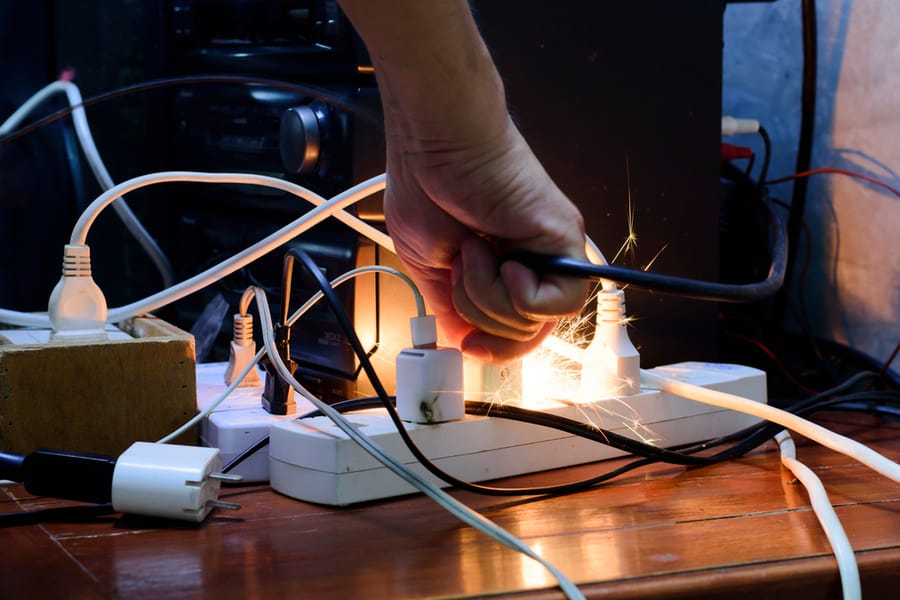
If you have several appliances connected to the same electrical circuit and you turn on the AC, it could cause the circuit to overload.
This can cause the voltage to drop and the lights to flicker. Overloading the circuit can also result in tripping circuit breakers and blown fuses, leading to power outages in your home.
To prevent this from happening, it’s important to make sure your AC unit has its own circuit. This will ensure that the unit has enough power to operate efficiently without causing an overload on the circuit.
The signs of an overloaded circuit include a buzzing sound, dimming lights, and frequent power outages.
If you come across any of these issues, it’s important to call a professional electrician to diagnose the issue and make the necessary repairs.
Doing this will help ensure that your home is safe and secure while avoiding any potential risks that come with an overloaded circuit.
To check if your unit is on its own circuit, you can look at the main electrical panel in your home.
There should be a dedicated breaker for the AC unit. If not, it’s best to call a professional electrician to install a new dedicated breaker for the AC unit.
Conclusion
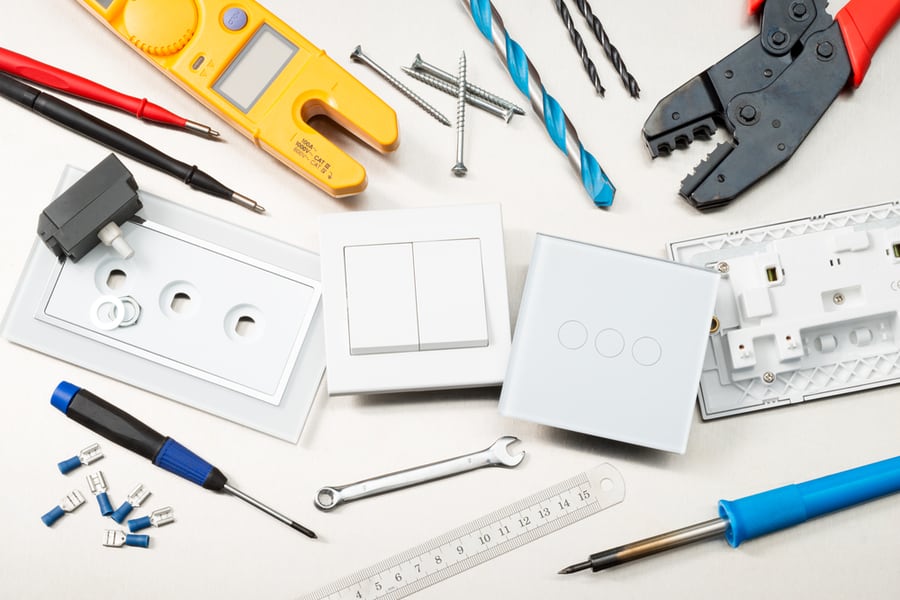
While flickering lights are often normal when an AC unit starts up, there are some instances where they can indicate a more serious problem.
If the lights are constantly flickering or dimming, or they flicker so brightly that you can’t look at them directly, it may be a sign of issues, such as:
- A problem with the AC unit or electrical system.
- A damaged or loose wiring.
- An overloaded circuit.
- A faulty or failing AC capacitor.
If you experience any of these signs, it’s important to have a professional electrician diagnose the issue and make any necessary repairs.
Ignoring the problem could lead to more serious issues, such as damaging the unit or even a fire. It’s always better to be safe than sorry.
Frequently Asked Questions
Can Installing an Energy-Efficient Air Conditioner Solve the Problem of Flickering Lights?
Installing an energy-efficient air conditioner can potentially help reduce the risk of flickering lights, as these units consume less power compared to the older, less efficient models.
Energy-efficient air conditioners are designed to operate with a low power draw, reducing the demand on the electrical system and helping to prevent the overloading of the circuits.
However, it’s important to note that there may be other factors causing the lights to flicker, such as an outdated electrical system, damaged or loose wires, or capacitor issues.
Installing an energy-efficient air conditioner alone may not solve the problem if these other issues are present.
So, it’s always recommended to consult with a professional electrician who can diagnose and repair any underlying issues.
Is There a Risk of Fire Associated With Flickering Lights?
Flickering lights themselves do not directly cause a fire. Still, they can be a sign of a big underlying issue, such as an overloaded circuit, damaged wires, or faulty electrical components.
When these issues are not addressed, they can pose a serious risk of fire or other dangerous electrical problems.
For example, if the electrical system is overloaded, it can create excess heat, which can cause wires to spark or even catch fire.
Loose or damaged wires can also pose a fire hazard by creating sparks or causing an electrical shock. So, it’s important to take immediate action to address the underlying issues and prevent potential dangers.
How Long Do AC Capacitors Last?
The lifespan of an air conditioner (AC) capacitor can vary, but on average, it can last anywhere from 10-20 years, depending upon the conditions they are subjected to.
It’s recommended to have your AC system regularly serviced to ensure that the capacitor is in good condition and doesn’t need to be replaced.


